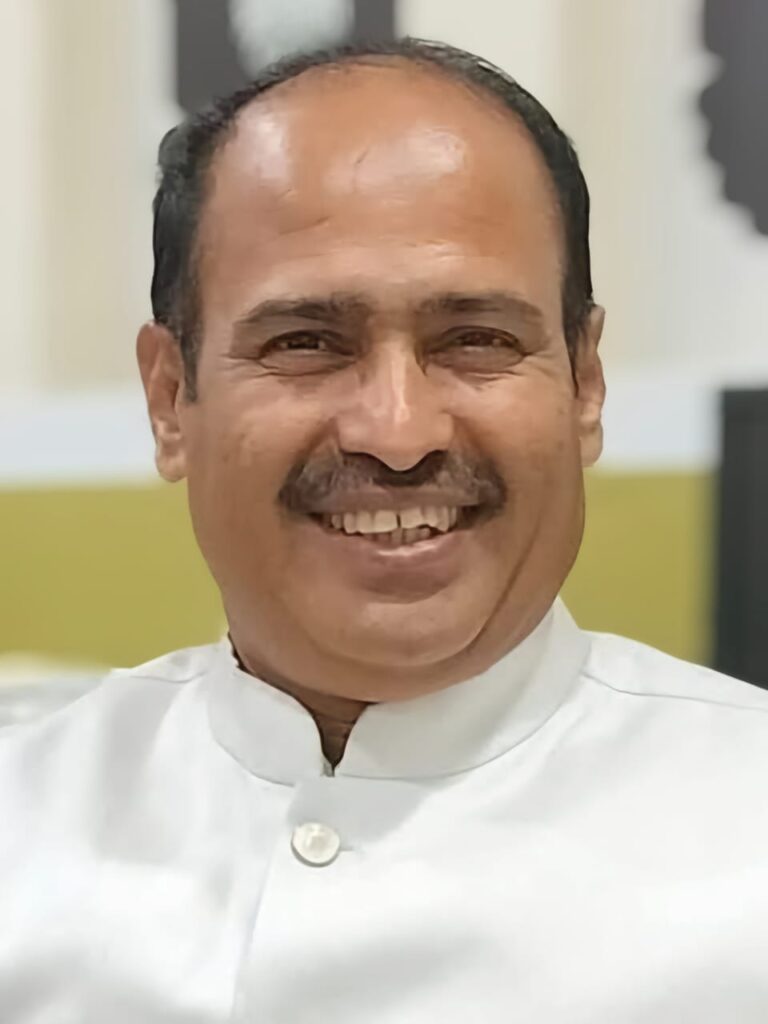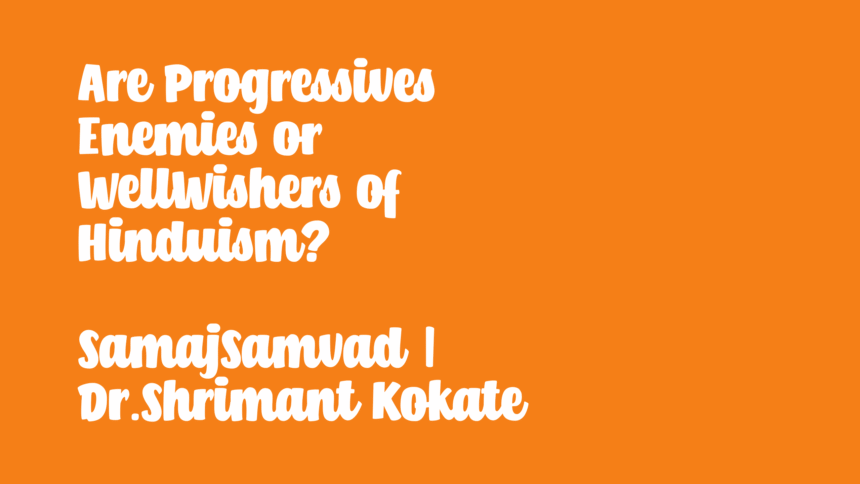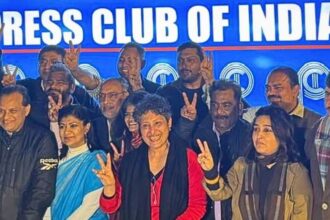SamajSamvad | July 27 | Dr.Shrimant Kokate
(Religion) A narrative has emerged where “progressives” are seen as anti-Hindu, and “Hindus” as anti-progressive. However, this binary is far from the truth. Intellectual differences are signs of a vibrant society. Where there is no dialectical tension or philosophical conflict, there is no growth. Thinkers like George Hegel emphasized that “thesis, antithesis, and synthesis” are essential for human development.
Contents
(Religion) In Indian philosophy too, the Nyaya tradition celebrates debate. Scholars like Asanga, Vasubandhu, Dignaga, and Dharmakirti critiqued the Vedic tradition, leading to philosophical evolution. Similarly, in Europe, it was the intellectual ferment of the Renaissance and Enlightenment that paved the way for scientific and industrial revolutions.
Debate must lead to truth, but if it turns violent, societies become regressive. Violence, intimidation, ink attacks, or physical assault end the space for discourse and damage human progress.
It must be recognized that both Hindutvavadis and progressives admire Chhatrapati Shivaji Maharaj and Sambhaji Maharaj. Petty issues like not using “Ji” after their names should not cause conflict. All Indians refer to Lord Ram and Krishna by name this is cultural convention.
Progressives are not enemies of Hinduism. In fact, they seek reform within the religion. Figures like Charvaka, Sant Namdev, Sri Chakradhar Swami, Basavanna, Dnyaneshwar, Chokhamela, Savata Maharaj, Tukaram all challenged blind faith, caste discrimination, and ritualism. They were religious, not anti religious.
In modern times, reformers like Mahatma Phule, Shahu Maharaj, and Dr. Ambedkar strongly critiqued regressive practices but remained rooted in religious culture. Phule believed in deities like Khandoba, Vitthal, and Shiva. He was not an atheist. Dr. Ambedkar, though rational, was not anti-religion his views on Pakistan show clarity akin to any nationalist thinker.
Even critics like Narendra Dabholkar and Govind Pansare were reformers, not atheists or enemies of Hinduism. So, to label all progressives as anti-Hindu is a grave misconception. Even Savarkar and Prabodhankar Thackeray had sharply criticized Hindu orthodoxy yet they are hailed as Hindu stalwarts.
Hinduism’s strength lies in its openness to scrutiny. If this freedom is taken away, the religion risks becoming rigid and lifeless. Reform is part of its greatness. Outdated practices like Sati were abolished due to such critical thinking. As Swami Vivekananda said, any religious thought that obstructs human development must be discarded.
Rejecting God or analyzing deities doesn’t make someone anti-religious. Schools like Charvaka, Jain, Buddhist, Samkhya—and western philosophers like Epicurus, Democritus, and Nietzsche have raised similar questions. They were seekers of truth, not enemies of religion.
Hinduism has always welcomed both theists and atheists. That is why it remains one of the most inclusive and profound spiritual traditions.
In conclusion, Hindu culture is deeply rooted in freedom of thought and discourse. Reformers like Phule, Roy, Thackeray, and others analyzed scriptures and helped religion evolve. They were not enemies, but crucial well-wishers of Hinduism.
Neo-Hindutva followers must recognize that without space for critique, Hinduism risks stagnation. Progressives have made invaluable contributions to journalism, literature, arts, and social reform. They must be seen as allies, not adversaries.
Conflict and revenge weaken Hinduism’s noble tradition. Both camps must move from confrontation to conversation. This aligns not only with Hindu values but also with India’s constitutional ethos.

Read This: History | The Indians: A Useful Reference Book for Scholars of South Asian History





